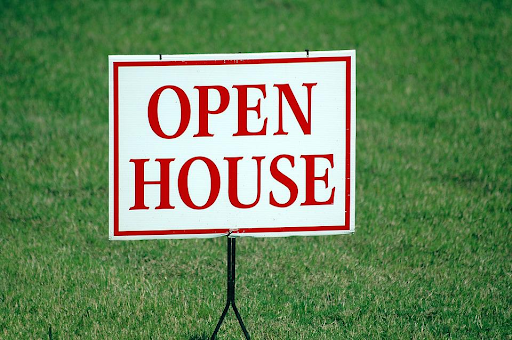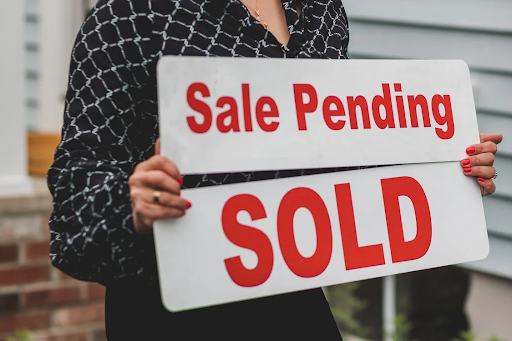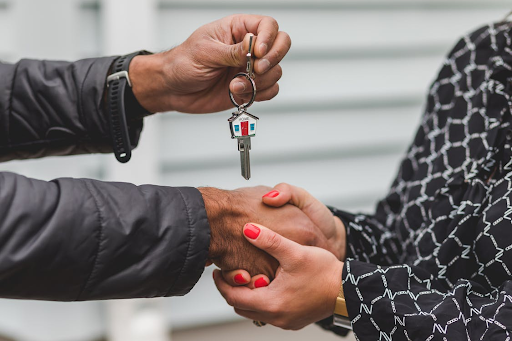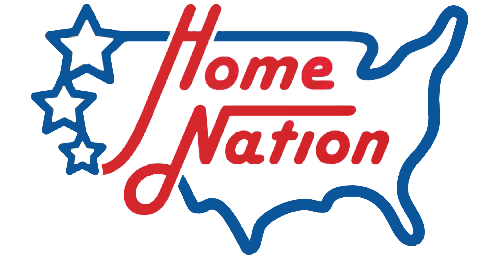
You're not alone if you can't decide whether buying or renting a mobile home is right for you. Deciding the best option for your future can be challenging — renting and buying have some benefits and disadvantages. However, we're here to discuss those pros and cons with you.
Related: Advantages of Buying a Mobile Home
Renting vs. Buying a Mobile Home: Pros, & Cons
Whether you're considering renting or buying a mobile home, both approaches have pros and cons. We'll discuss three options, each with its own benefits and negatives.
1. Renting the Land & Mobile Home
If you want to rent the land a mobile home sits on — along with renting or leasing the mobile home — it can help lower the initial down payment, making turning your mobile home dream into reality much easier.
However, renting typically involves property management companies or landlords, meaning you have to deal with specific restrictions and rules. You also won't have to worry about emergencies and major maintenance costs.
When you lease a mobile home on a rented lot in a community, you get the perks of owning a home with the convenience of professional caretaking and maintenance.
Many mobile home communities offer bundles, allowing you to pay one monthly bill for the home and lot rent — this makes managing bills slightly less inconvenient. It’s also common for communities to offer either annual or month-to-month agreements.
Pros:
- No land prep needed
- No long-term planning needed
- Low upfront costs
- Less responsibility for upkeep costs
Cons:
- No equity
- Landlord restrictions
- Less control over renovating, upgrading, etc.
2. Renting the Land & Buying a Mobile Home
Another common option is buying a mobile home and renting the land you live on in a community. This option is excellent for people wanting more savings and lower monthly costs. In addition, utilities — like sewer and trash — are usually partially included or less expensive, giving you another way to save each month.
In addition, not purchasing the land upfront can help first-time buyers get a home loan with better interest rates. However, it could make it more difficult to get a traditional mortgage. Loans and mortgages don't always work the same for mobile homes as they do for stick-built ones; the loan will often be considered as one for personal property instead of real estate.
It’s also not uncommon for people who want to eventually purchase property for their mobile home to lease land for a few years to save up, buy their own land, and move their mobile home.
Pros:
- No land preparation needed
- Complete control over home improvements
- Build equity
- Less expensive than purchasing land
- Neighborhood and community life
Cons:
- Higher upfront costs than renting the land and mobile home
- Responsibility for upkeep, emergency, and damage costs
Related: Advantages of Buying a Used Mobile Home
3. Buying the Land & Mobile Home

The final option is buying a mobile home and the land it sits on — it sounds like the ultimate dream for many, but it also involves the highest upfront costs of all three options. First, you'll have the costs of purchasing your land and mobile home. Second, you'll need to consider costs like utility connection, site preparation, installation fees, property taxes, etc.
While it’s a long, expensive road to get there, once you’re all set up, you’ll have the freedom of owning your home and its land that many people seek.
This option is the best for building equity — land and mobile homes both typically appreciate in price. Complete property ownership is an investment, helping you gain equity and resale value while living in your own home, on your own land.
Pros:
- No restrictions from property management companies or landlords
- Build the most equity
- Full control over upgrades, expansions, renovations, etc.
Cons:
- High upfront costs
- Complicated zoning and building codes
- Expensive land preparation
- Responsibility for all maintenance and management
Advantages of Buying a Mobile Home
For most people, the best choice is buying a mobile home and renting or purchasing land. The advantages of buying a mobile home include:
- Lower costs — Buying a mobile home is a much more affordable alternative to homeownership than purchasing a stick-built house. Mobile homes also typically cost less per square foot, too, meaning that you can get more space for what you spend.
- Flexibility — Mobile homes typically cost less than other types of houses, and they’re semi-permanent, meaning you can move them later. So, if you own land, you can put your mobile home on it now, and if you ever wish, move it in the future. It’s a great option if you don’t plan on holding the land long-term, don’t want to commit to building a house on the land, or can’t afford to do so right now.
- High standards — Mobile homes are built in controlled environments, meaning that they are consistently constructed to a high standard. And because these homes get manufactured in such conditions, delays due to scheduling, labor shortages, weather, etc., are less likely.
Disadvantages of Buying a Mobile Home
However, buying a mobile home isn’t always the right choice for everyone’s situation. The disadvantages of buying a mobile home include:
- Financing — Because mobile homes don’t have permanent foundations, they are typically categorized as personal property instead of real estate. That means, in most situations, that you have to get a loan rather than a mortgage, which can be more expensive overall.
- Location — Most mobile homes are in park communities, and even if you own the land, you’ll still have to comply with park rules. If you rent the land, you’ll still have to answer to a landlord even though you own your mobile home.
Cost over Time
Over time, the financial implications between renting and purchasing mobile homes become evident. Unlike renting, where annual increases are common, a fixed mortgage rate for a period under 30 years remains stable. Renters, akin to apartment dwellers, generally miss out on homeowner tax benefits and potential equity accumulation. Consequently, mobile homeowners gradually build equity and move towards full ownership.
This disparity significantly impacts the long-term cost of owning a manufactured home. Upon sale, owners can recoup a substantial portion of their investment. Conversely, renters do not accumulate equity and cannot recover funds invested in maintenance or enhancements. Considering these distinctions, purchasing a mobile home emerges as the more financially prudent choice in the long run.
Is Buying a Mobile Home Right For You?

Typically, the number one reason we recommend buying a mobile home instead of renting is that you get to build equity in it. Mobile homes can be a great long-term investment. However, if you only plan to stay there temporarily or can’t afford a loan right now, renting can be a great option, too.
At Home Nation, our goal is to help you become a homeowner. With easy financing options and affordable mobile homes to choose from, we can help you achieve your homeownership dream.
Related: How to Finance a Mobile Home
Interested in seeing how we can help you find the mobile home of your dreams and provide you with the best financing options? Call us today at 1-877-50-HOMES or find our dealers near you.





